Sal Bollinger embodies a life without compromise.
Sometimes, that may look like going out for a run without a clear goal in mind – just enjoying running for what it is at that very moment. At other times, it’s through music, letting the notes flow out their fingertips on the bass or by leading the classroom through a melody.
And it’s especially in the way Sal lives their life, true to themselves and creating spaces for others who may have once felt like they didn’t belong.
“… it doesn’t have to look like what we’ve all grown up thinking it’s supposed to look like. Being yourself and following your path – I truly feel like mine is not a straight path. Staying true to yourself, staying true to what you see as important, and what you value, and giving yourself grace when needed because we’re all human, and there’s no one right way or one perfect way to do anything,” says Sal.
“Whether you are somebody who feels excluded or whether you are somebody who has had the privilege to see yourself represented – take up the space, or make the space. … whether it’s beer or running or music – make those spaces inclusive, if you have the ability to do that, because there might be somebody whose life is changed by that.”
Sal is a self-described non-traditional runner. When they go out for a run, they usually don’t even pay attention to pace or mileage. It’s all about enjoying the moment, letting fresh air into their lungs and feeling the ground beneath their feet. Trash pickup along the way is a common occurrence, too. It’s not that metrics aren’t important to Sal, but it’s just a gentle reminder that life isn’t always a race to finish as fast as possible – sometimes, it’s more about enjoying everything life has to offer, and being with people who make those moments that much more special.
Read on to learn more about Sal, their philosophy on training, and how they live their life without compromise.

***
Tell me a little bit about yourself, and how fitness and sports came into your life.
I grew up in the suburbs of Kansas City, MO, and I was sporty, but there really weren’t a lot of either co-ed sports or competitive sports. Growing up, I really wanted to do more competitive sports, and there just wasn’t really an opportunity. But I grew up with all of the kids’ sports movies like The Sandlot and The Big Green, so the neighborhood kids and I [played those sports for fun].
It wasn’t until I got into high school that I started doing more competitive track and field. I had tried softball, but the transition from community slow pitch to fast pitch competitive softball was a little more than I could handle. I also got my front teeth knocked out when I tried out for a summer league, so I just hung my hat up on that one.
It’s funny that I like running now because I absolutely hated running until a couple years ago. Running was something that I had started to get into but kept hitting a wall so I didn’t continue with it until I got sober and I realized that wall was just drinking too much and not being responsible. Once I got sober, the running really started to take off. I started to increase mileage relatively quickly. It transformed the way that I looked at myself. I’ve always been a bit on the bigger side and was not really looked at as an athletic person. I’m a strong person, and I think that’s helped in the endurance side of running. I’m not fast by any means, and I enjoy that. I just kind of do what I do, and that’s what I enjoy. It’s been a lot of trial and error. I didn’t really find that niche until a couple years ago when I started running more seriously.
Can you talk more about your journey toward the discovery that alcohol was holding you back?
A couple of years ago, it had gotten to a place where it was holding me back from a lot of things. June will be 2 years of sobriety for me. It was just one of those things where looking back now, I’m realizing that I had some coping issues, so drinking was the thing that I was using to cope instead of actually dealing with the challenging things that I was experiencing.
Slightly before I got sober, I had been in therapy for a little while and I had started taking medication for anxiety and depression, so it was kind of the third piece to the “puzzle” of trying to figure out how to get myself on track. I can’t just throw hands up and say life is hard so I’m just going to live this destructive lifestyle.
It was a pretty quick change for me. It was pretty cold turkey. I just stopped drinking and haven’t had a whole lot of issues maintaining that. In retrospect, I just don’t enjoy it. It was funny, because when I got sober, one of the first things I thought about was that surely non-alcoholic beer has gotten better. Athletic was one of the first things that I found. So it ended up being my reward for my first month of sobriety, was to order my first couple of six packs.
I’m still in therapy, and sobriety has helped me to examine other ways that I cope with things that maybe aren’t super healthy. It gave me the ability to look at different things and see them for what they really were. I wish I had made that change earlier. I think my biggest fear was I’m not gonna be funny or happy or outgoing or whatever without drinking, which is the alcohol lie. That’s been an interesting perspective shift for me.

So you teach music and also play music. Tell me about your musical background and why you went into teaching.
I teach orchestra, and my main instrument is bass. Growing up, I had a similar musical upbringing to my students in that I did a little bit of piano lessons when I was really little but didn’t really start music until orchestra in fifth grade. I have a brother that’s 5 years older, and he started off in orchestra in fifth grade as well. He played cello, and I said I can’t be just like him, so I went for the bass. I was drawn to how impressive it is.
In middle school, I was given the opportunity to play with kids in a grade level higher, and when I got into high school, I was given the same opportunities. It pushed me to play with people that were better than me. Nowadays, I do a lot of musical theater gigs, which has been a whole other experience. But I really love musical theater and Broadway stuff. It’s a really enjoyable way to get to play music.
Teaching was kind of parallel to that. I was given these cool opportunities in middle school and high school by my orchestra teachers. At a time when I was getting bullied and pushed aside and outcast everywhere else, music was this thing where I was good at it, and none of that other stuff that seemed to matter anywhere else mattered there. I had a couple of really good orchestra teachers that I’m still in touch with. When I went to college, I was like I’m just going to keep playing music. By the end of high school, I helped with summer camps for kids, and I really enjoyed it. So I came down to the University of North Texas up here in Denton and got my music ed degree, and then I happened to student-teach at the school that I teach at now. The teacher that was there that I student-taught with left to start a family, and I interviewed and happened to get the job. Now this is my 14th year, as wild as that sounds.
How did you find the ambassador program?
I don’t quite remember how I found it. It might’ve just been through the website, or an Instagram post or something. I was a little trepidatious to apply. From the athletics side of things, I didn’t see a lot of representation of plus-side folks, trans and non-binary folks, queer folks, and I’ve only kind of just come into the running world the last couple of years.
One of my first experiences was [when] I was looking for a rain jacket. I ordered something – it was like a men’s extra-large – and I got it, and it was small on my wife who is like a women’s medium. That was defeating.
That was part of the reason why I applied, is to be that representation, and just be myself, be imperfect in terms of running and goals and mileage. I haven’t really done any races. I just went, Why not? Just be you and put it out there. I think the coolest thing has been the other people in the ambassador program. It’s not just elite athletes or influencers. It’s real people that are doing their thing, and I find that really inspirational.

How has the ambassador program helped you in your professional, personal or athletic endeavors?
I think what’s been interesting that I found through becoming a runner, being sober and being a queer person – you have to find your [community]. I don’t go out very much, so social media was a way for me to connect with people that I was influenced by.
Sometimes when I’ve tried to go out and participate in a [run or race], I feel excluded because I’m not in the core group of people that organized it, or I feel shy and I don’t want to put myself [out there to] meet everybody. So I think seeing other athletes and seeing how folks are, it helped validate that what I’m doing is OK and it does count.
It’s been really nice to be able to be an advocate for [mental health] – especially in the last year, I feel like everyone’s mental health has declined. But it’s felt good to be able to go: “Here’s some things that you can do to help.” Being able to have a really good beer to drink no matter what kind of beer you like makes a really big difference. Within my little circle, I think that it’s offered that sort of out, you know, I don’t have to do that same behavior, and that might just help a little bit, even just a little bit, like tomorrow I don't wake up with a hangover. We don’t have to do things the way they’ve always been done.
What are some of your proudest achievements?
My wife, Whitney, and I have been together for almost 13 years, and we got married before marriage equality was legal, which is such a strange thing to think about. We got married in June 2015. I think about a month later, marriage equality was passed. I remember sitting on the couch, and we were going, “We should go to the courthouse and get married.”
We ended up being the first couple legally married in Denton County, so they made a big thing of putting the 8 o’clock on the dot on our marriage certificate. Getting married and having that life experience has been really amazing. I’m proud to get to go through life with her.
And I don’t know that this is something that I do intentionally, I think it just happens – I don’t really have much of a filter – I just feel like I've always been myself, and whatever challenges or successes come from that, I feel that I've been authentic.

What is a bucket list event or race that you’d love to compete in?
Last year was my first year really getting into running and trying to push the mileage. At the beginning of this year, I said, OK, let me sign up for some races, and then I'll be more inclined to follow through. I think for me it’s just getting to a race. I’d really like to do a half marathon. I don’t even really care which one. That’s just a distance that I’ve gotten to in my running routine. I follow a lot of people that I admire that do a lot of trail running. [There’s a trail running-group in Austin], and they put on some different trail runs that have always looked really interesting to me. There’s some races down in the Big Bend area that also look really interesting. I wish I had a specific one, but such a new thing to me, it’s not something where I’ve had one in mind for a very long time. I think just to do anything at that distance would be something that would be a bucket list goal.
What’s your favorite recovery food?
I really like ice cream. I don’t really know if it’s a recovery food, but that’s my I-eat-this-because-I-run thing.
What do you like to do on rest days?
I do try to have a little bit of a routine. I’m recently diagnosed with ADHD and I’m learning about the ways that I’m very all-or-nothing. When I started, running was that. I went from 6 miles being my longest run to running 100 miles a month. It was such a big shift. I went really hard, then summer hit, and it was hard to get out there when it was 105, and then it fell off a little bit. I’m just getting back into it, and it’s OK if I just run once a week.
I’m getting up at 4 o’clock in the morning and going to work out a couple times a week. I like trying to stay active, so maybe that’s going for a hike, or just going for a walk in some of our trails around here. Just getting outside.
But I’m also trying to get into woodworking – just going for whatever tangent my brain goes to. Gardening. I have a really sweet compost pile. And then relaxing. Lately I’ve found a solid Tetris session while listening to a podcast is really enjoyable. I have a hard time balancing the things that I want to do.

What gets you up and out of bed every day?
Lately, that 4 in the morning thing, when it’s below freezing, there’s something about that … It’s like why people do the polar plunge. Lately, it’s truly been like: You’re awake, you’re alive, so let’s get after it. Not in a “let’s always be hustling” kind of way, but just see what challenges are presented today and see how you can deal with it.
I’m a morning person. I like to get up and have a slow morning. Have coffee and read a book and go sit outside and watch the birds. It doesn’t take a lot to get me up and going.
What does living without compromise mean to you?
I think the summation of all of that – it doesn’t have to look like what we’ve all grown up thinking it’s supposed to look like. Being yourself and following your path – I truly feel like mine is not a straight path. Staying true to yourself, staying true to what you see as important, and what you value, and giving yourself grace when needed because we’re all human, and there’s no one right way or one perfect way to do anything.
Whether you are somebody who feels excluded or whether you are somebody who has had the privilege to see yourself represented – take up the space, or make the space. Most of the things that I’ve experienced, I’ve had to go find the connections, and I’ve had to go find the people like me. For the people that aren’t included in those spaces, whether it’s beer or running or music – make those spaces inclusive, if you have the ability to do that, because there might be somebody whose life is changed by that.
If you’re interested in joining the ambassador program, sign up on our Ambassador Page to be notified when applications open!


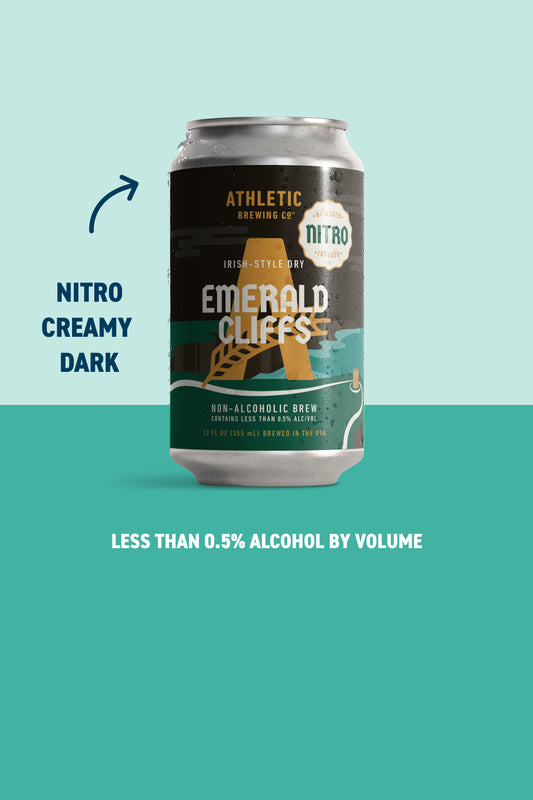

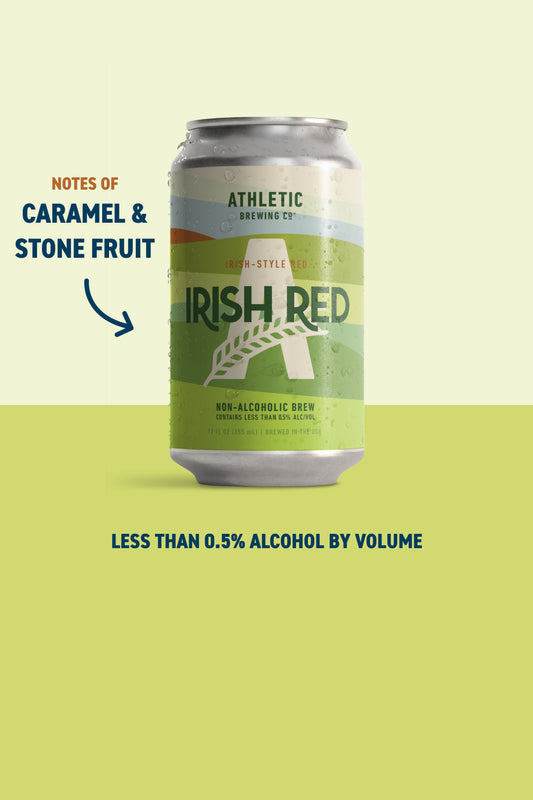


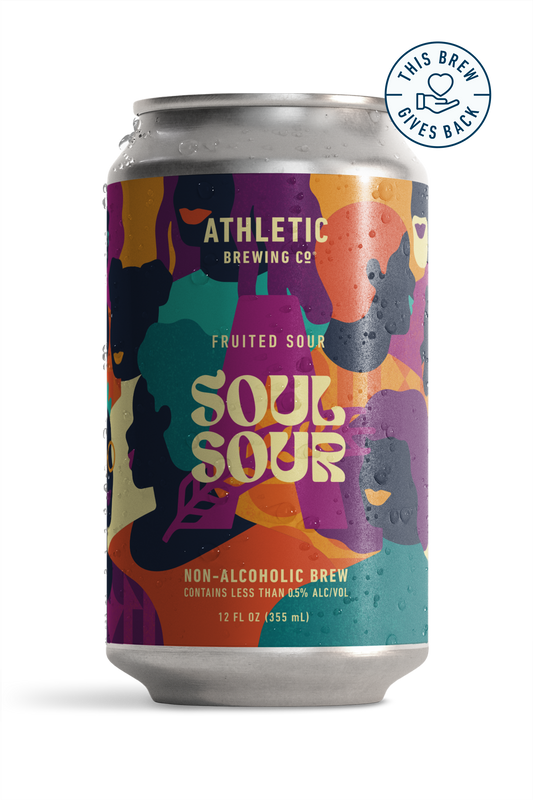
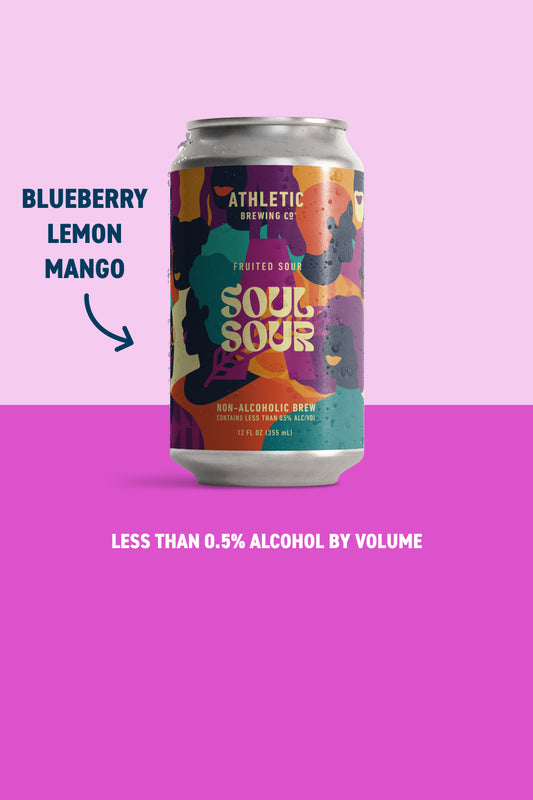
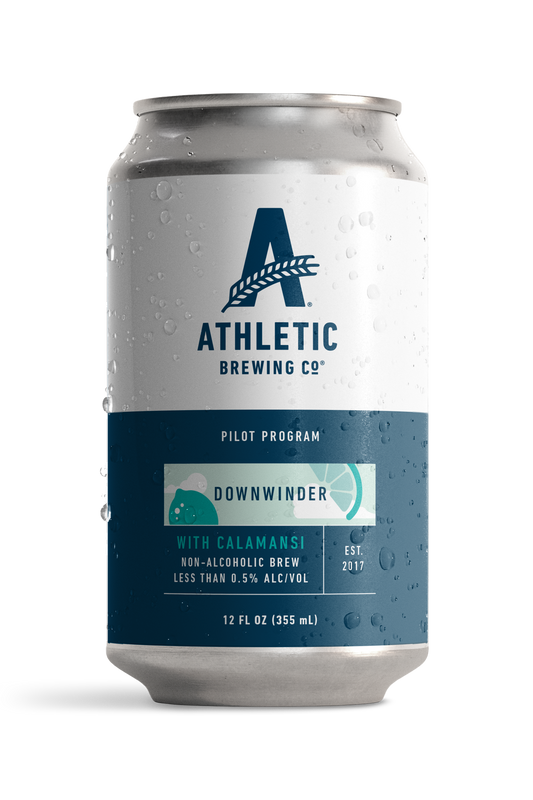


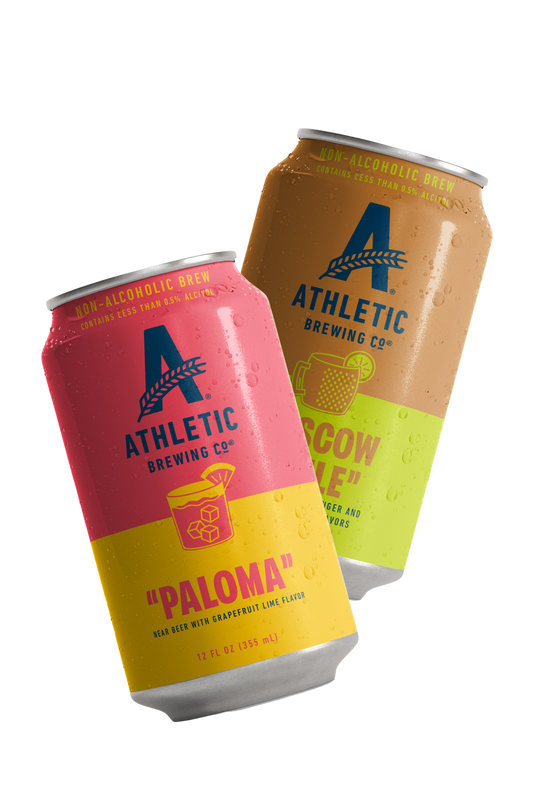
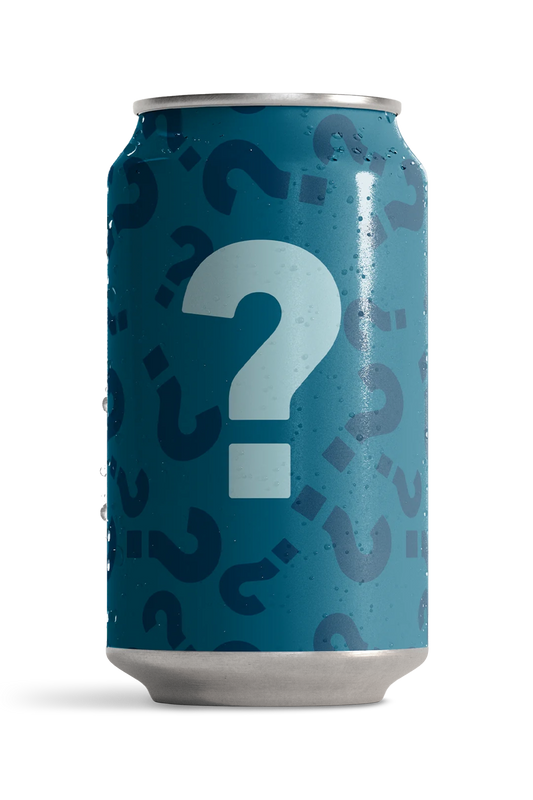
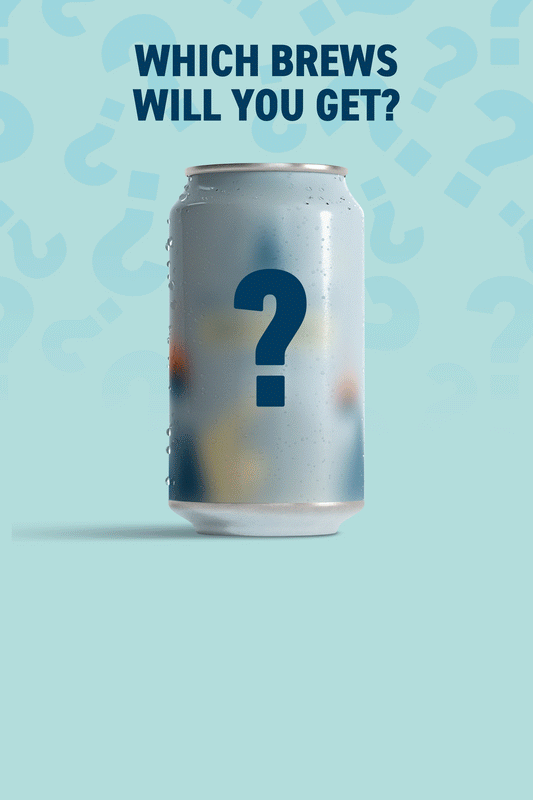
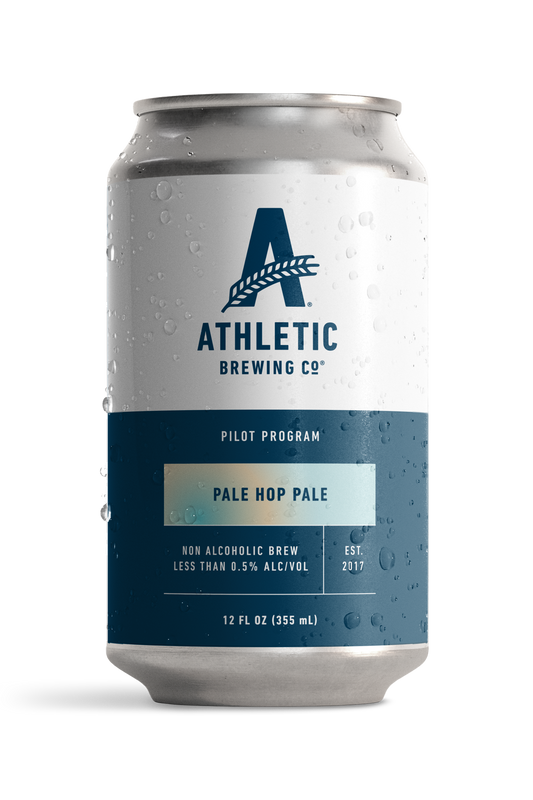
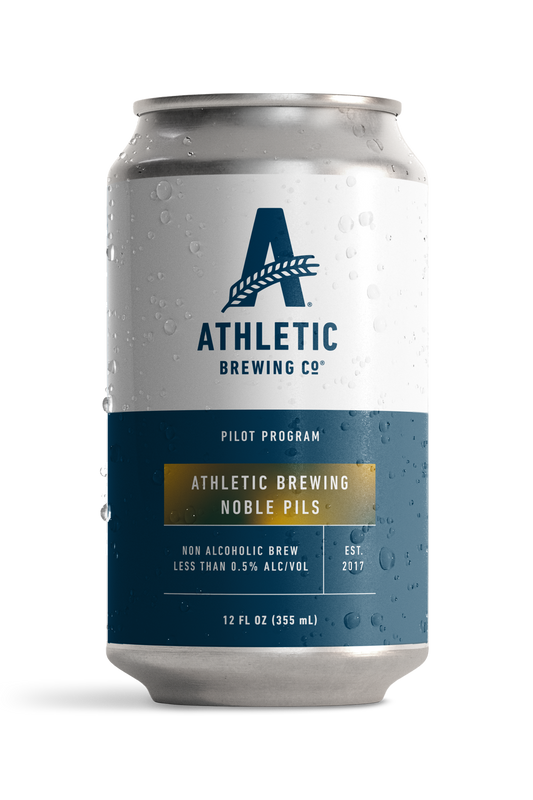

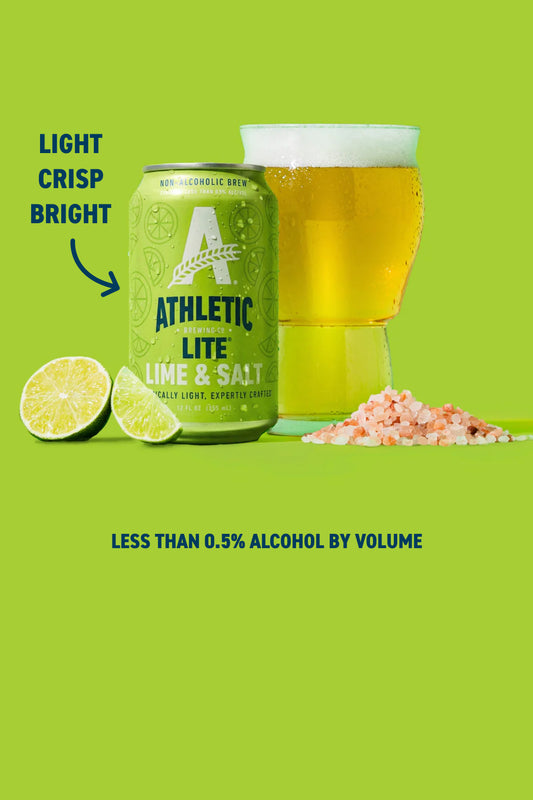
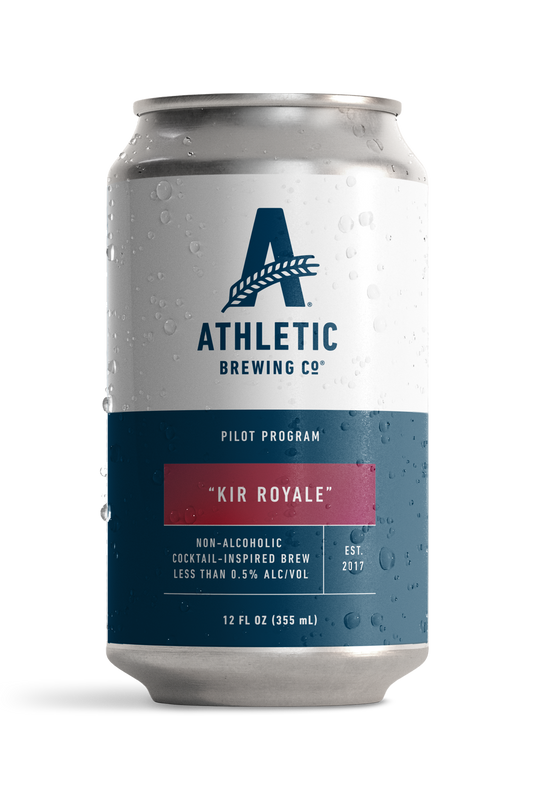

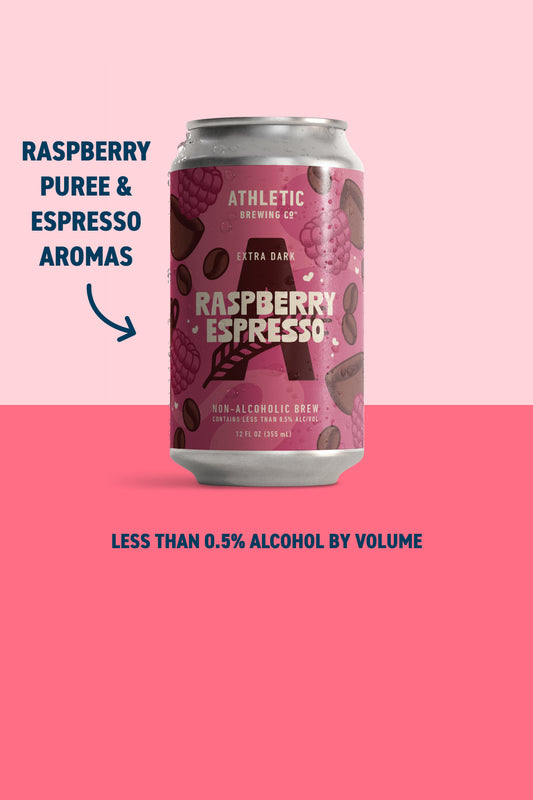
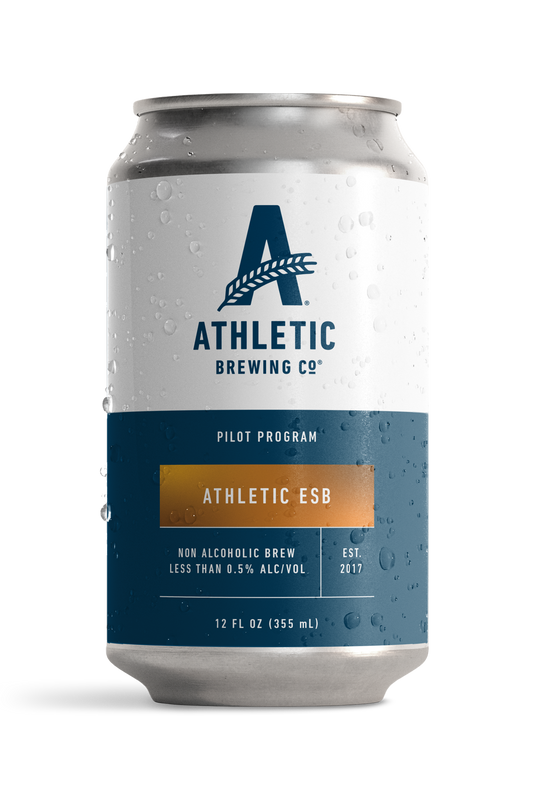
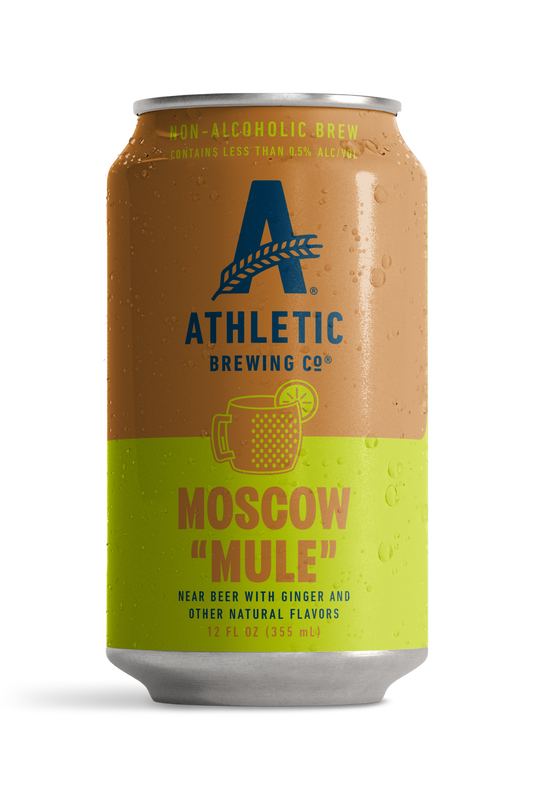
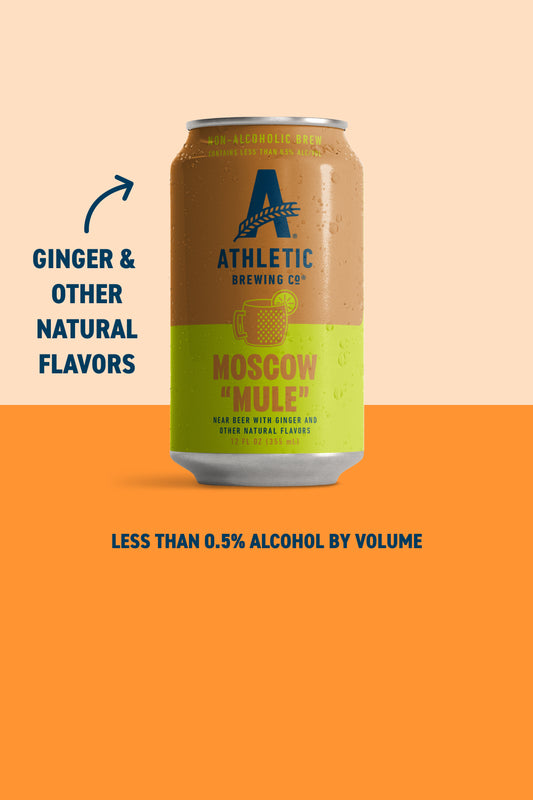
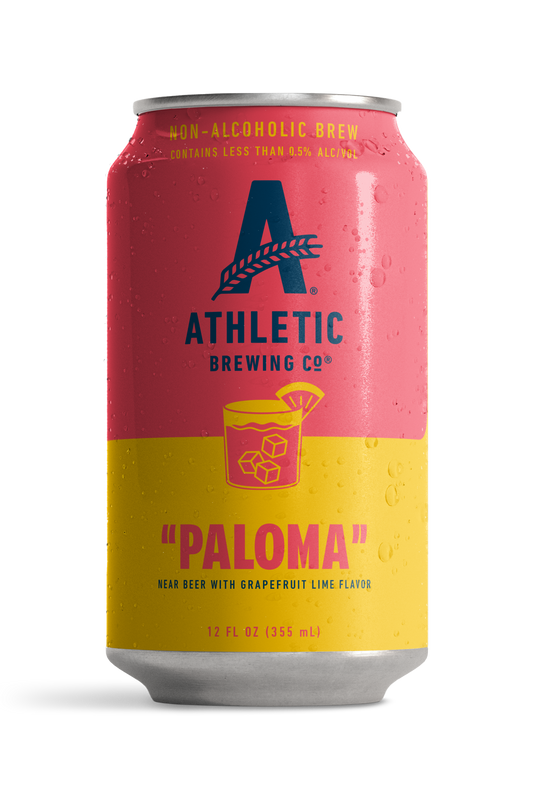
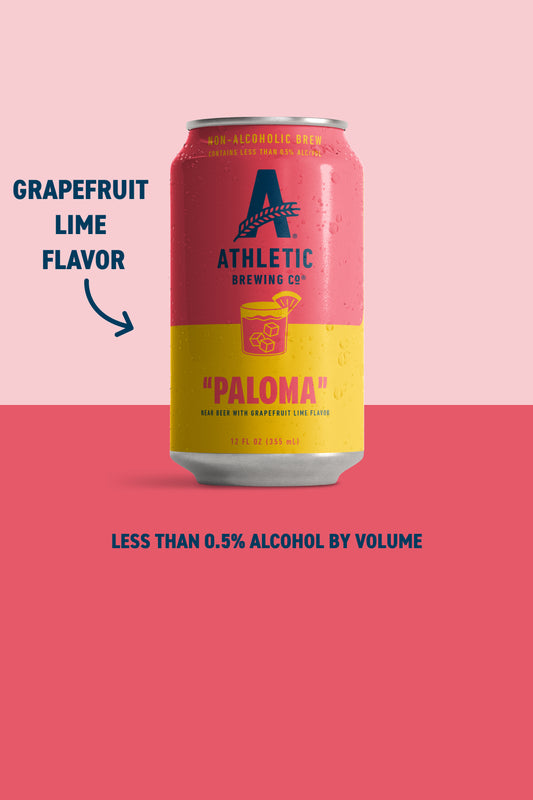









 Your Privacy Choices
Your Privacy Choices







